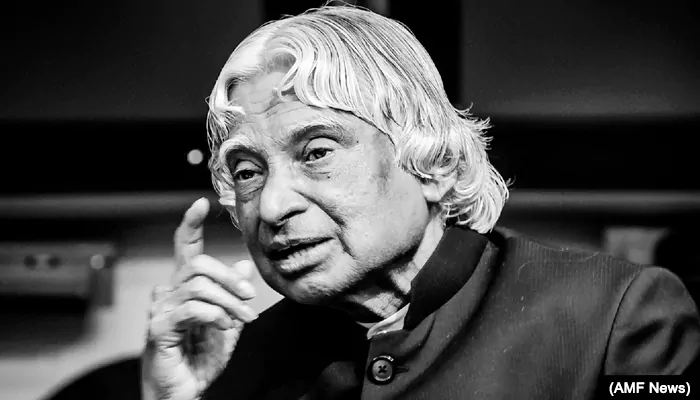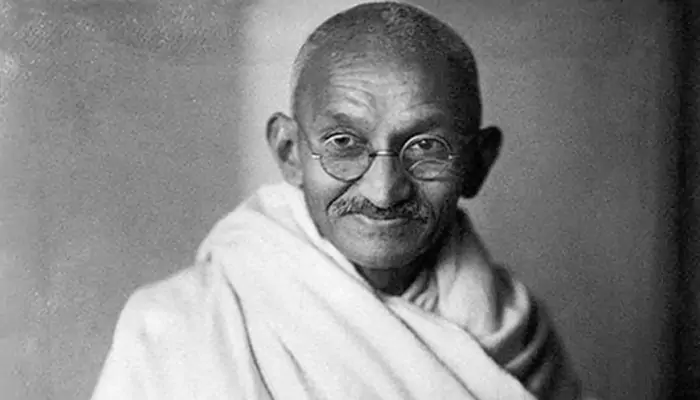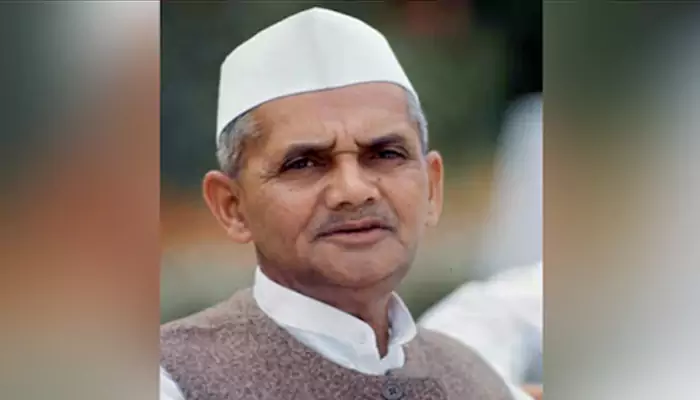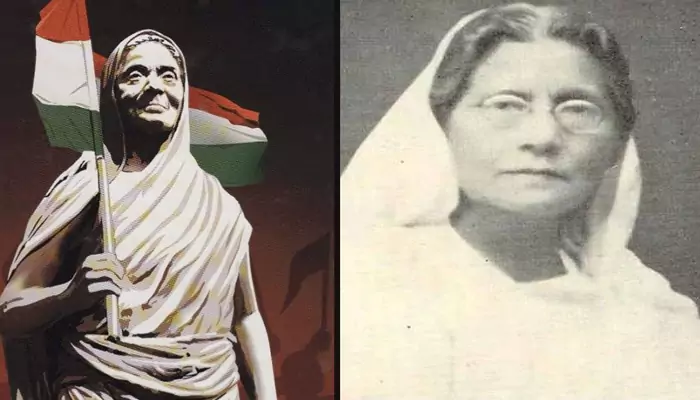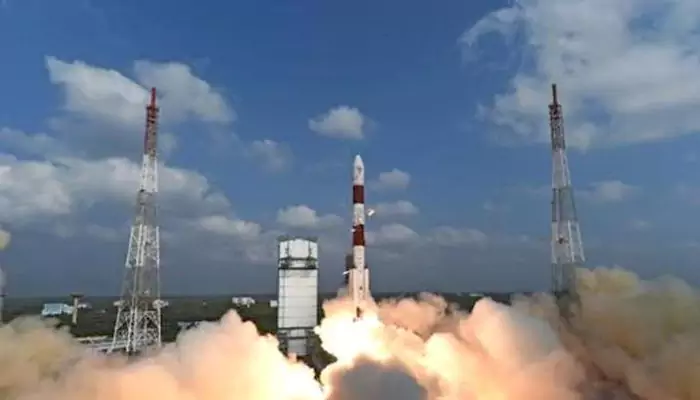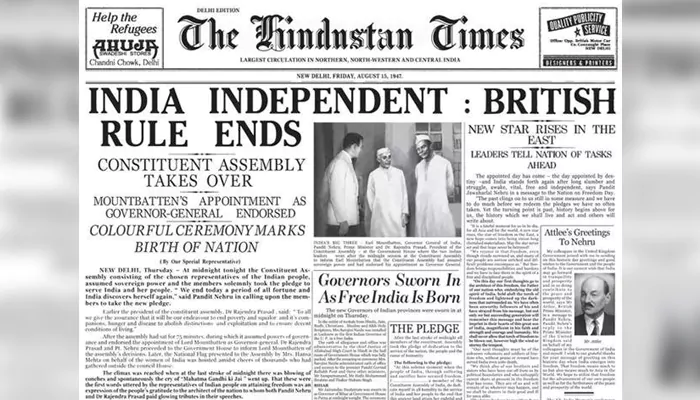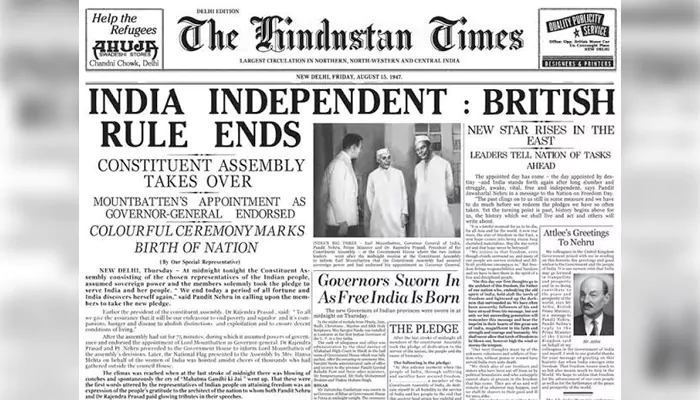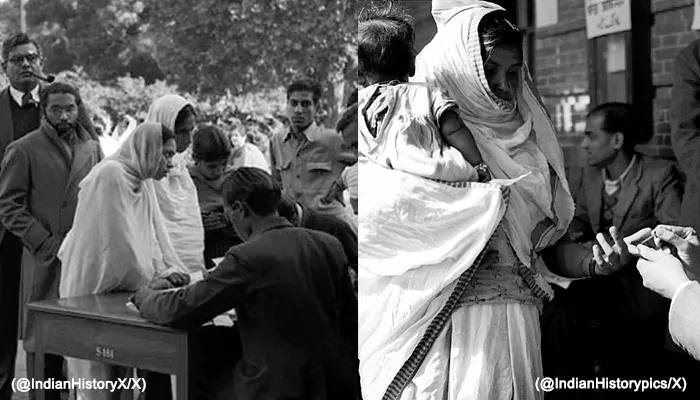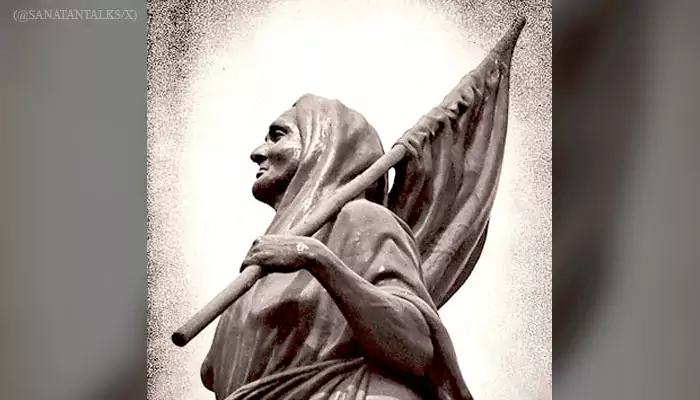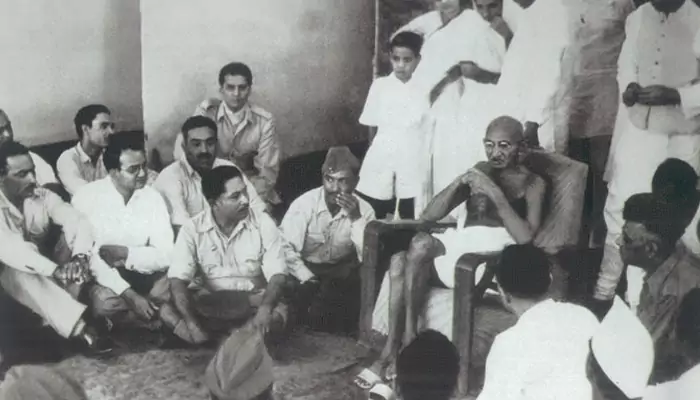Lok Sabha Polls 2024: Tamil Nadu's Electoral Fever Sends Airfare Soaring - Will Voters Stay Grounded?
- Admin
- 1 year ago
- 4 minutes read

As the excitement of the general elections sweeps across India, the nation's largest democracy gears up for this historic event. However, amidst the anticipation, Tamil Nadu is experiencing an unexpected surge in airfare prices. This spike can be attributed to the influx of individuals traveling back to their hometowns to participate in the democratic process. With buses and trains already operating at full capacity, air travel becomes the only viable option for many. In Tamil Nadu particularly, the atmosphere is charged with anticipation as residents working outside the state eagerly anticipate returning to exercise their right to vote. The fervor surrounding the elections is undeniable, as people from all walks of life come together to partake in this essential aspect of democracy.
Surging Election Travel Costs: The Rise of Airfare Prices

As the election season kicks off today, there's a frenzy for travel arrangements, particularly towards air travel due to a surge in demand. Ticket prices have skyrocketed, putting a strain on many travelers' budgets.
With the announcement of election dates, buses and trains quickly filled up, leaving many scrambling for alternatives. Flights, once considered a last resort, have become the go-to option for those without other choices. However, the exorbitant increase in airfares has caught many off guard.
For example, a Chennai to Tuticorin flight, usually priced at ₹3,957, now costs a staggering ₹12,716. Similar price hikes are seen on other routes within Tamil Nadu, making air travel financially burdensome for voters.
Understanding the Price Surge
The sudden surge in airfare can be attributed to various factors. Notably, the heightened demand stemming from travelers eager to cast their votes has given airlines the leverage to raise prices. Moreover, the abrupt increase in bookings has led to a shortage of available seats, exacerbating the price surge.
As alternative modes of transportation are not viable due to prior reservations, airlines have capitalized on the opportunity to charge premium fares. This situation underscores the delicate balance between supply and demand in the travel industry, where even small fluctuations can have significant impacts on pricing. In such circumstances, travelers may find themselves grappling with inflated costs, emphasizing the importance of planning and flexibility when navigating the complexities of air travel.
The Ripple Effect on Voter Turnout

The surge in travel expenses is sparking concerns about its potential impact on voter turnout. With costs skyrocketing, many individuals may find it financially burdensome to journey back home to cast their votes, potentially dampening overall participation in elections.
This situation highlights the necessity for regulatory actions to limit airfare prices during critical periods. Implementing measures to cap prices ensures that every member of society has an equal opportunity to engage in the democratic process without facing financial barriers.
Addressing these challenges requires proactive steps to safeguard the integrity of elections and uphold democratic principles. By enacting regulations to control travel costs, governments can mitigate the risk of disenfranchisement and promote inclusive civic engagement among all citizens.
Ensuring Accessible Travel and Democratic Participation During Elections
Adjusting prices based on demand is common practice for airlines, yet during election periods, regulatory oversight becomes crucial in preserving democratic participation.
Accessible travel options during elections are essential for maintaining high voter turnout and upholding democratic values. Policy intervention can help alleviate financial barriers and support the electoral process effectively.
In India's democratic journey, addressing the surge in airfare prices during elections becomes paramount. Balancing commercial interests with civic responsibility is imperative to ensure democracy remains inclusive and accessible to all citizens. This calls for a thoughtful approach to regulation that prioritizes the democratic process over profit margins, emphasizing the importance of every vote.

